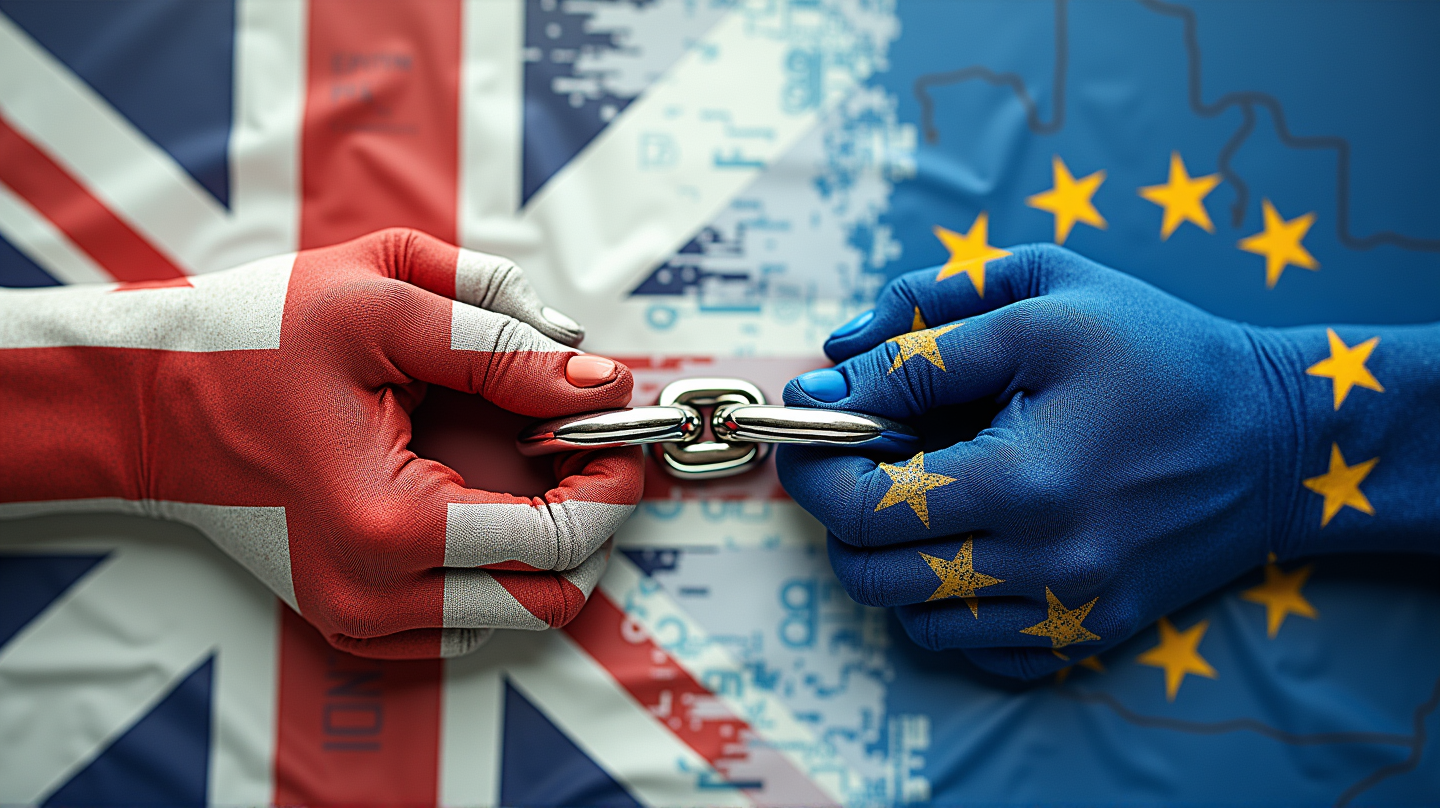Revealing the Hidden Costs: UK's Financial Connection to the EU Unveiled
Explore the paradox of Brexit as Britain continues to pay billions to the EU post-divorce, revealing ongoing financial entanglements.

Introduction: A Promised Liberation
In June 2025, more than half a decade since Britain proudly exited the European Union, the echo of the Brexit campaign’s promise — reclaiming national autonomy and financial independence — still resonates. Yet, hidden away from the public eye lies a surprising twist in the tale: Britain’s fiscal ties to the EU did not sever with the political departure.
The Persistent Divorce Bill: Beyond a Simple Settlement
Viewers of the 2016 Brexit narrative might be misled by the term “divorce bill”, imagining a swift, single payment to conclude all fiscal connections. Contrary to such expectations, the financial agreements concealed in the 2020 Withdrawal and the subsequent Trade and Cooperation Agreements ensure Britain’s flow of billions into EU coffers — an estimated £30.2 billion, as reported by the Office for Budget Responsibility.
Unveiling the Financial Settlement: More Than Meets the Eye
Comprising elements such as the RAL budget commitments, pensions for EU civil servants, and repayments of the European Investment Bank capital, Britain continues to honor its historical commitments. The process, which might stretch into the 2060s, extends financial obligations far beyond the immediate horizon, encapsulating a past Britain cannot hastily discard.
Participation Fees: Continuous Ties Through EU Programs
The story grows more complex when evaluating Britain’s ongoing involvement in select EU programs under the Trade and Cooperation Agreement. Engagement in initiatives like Horizon Europe demands substantial financial contributions. Critics argue this is merely continuing the previous EU affiliations, albeit without the influential seat at the decision-making table.
Negotiated Access: A High Price for Inclusion
Britain may access EU’s networks, data, and scientific collaborations, but the cost is steep. With no guarantee of a favourable return on investment, Britain’s ongoing participation may leave taxpayers funding continental developments rather than reaping expected mutual benefits.
Reflections on Sovereignty: Was Control Really Reclaimed?
The paradox is apparent. Brexit was a venture aimed at sovereignty — at ‘taking back control’. Yet, in a financially intricate manner, control slips through fingers, bound by past commitments and future strategies that necessitate participation and payments into EU structures.
Conclusion: The Dynamic of a Complex Detachment
The fiscal path post-Brexit isn’t an expected denouement but rather a drawn-out dissolution from the European stage. As Britain navigates through a strange amalgamation of past ties and future endeavours, the complexity unfolds — neither entirely free nor wholly contained. According to EU Today, the nuances of this financial interplay offer deeper insights into post-Brexit Britain’s landscape.





